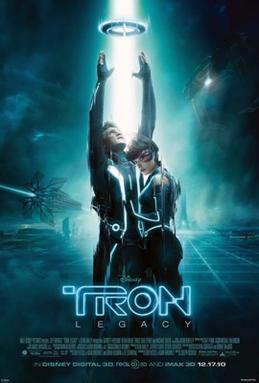In college I read from a lot of philosophers. Descartes was a favorite, as well as Nietzsche, despite how much I disagreed with most of what he said. I also spent much of my life wanting to become a big-time movie director, so I have that behind me, as well as extensive Humanities classes. But who remembers what they learned in school, other than that it's all knowledge that goes into the slow-cooker brain and returns in the form of a unique stew of all the ingredients. In other words, I apologize if my ideas seem to be taken straight from someone else's mouth.
The Analogy
In my oversimplified view, for a long time painters tried harder and harder to get as close to real as possible. But then two things happened:
- They got really close eventually, so what next?
- The photograph came along. Why do we need photo-realistic paintings?
 |
| (Fig. 1) Impression, Sunrise by Claude Monet One of my favorite paintings of all time. |
That led to—once again I admit it's oversimplified—impressionistic art (and more). Now that we've replicated what something looks like, how do we replicate what something feels like? (Fig. 1)
I believe that at this very moment we're going through a similar transformation in movies. For so long special effects was all about making something look as real as possible. Now that we're getting so close, what next?
 |
| (Fig. 2) TRON: Legacy A perfect example of what should come next once we've achieved photo-realistic special effects. |
Special effects become a different kind of art form. The goal, as with painting, becomes instilling a feeling in the viewer. I hope to see more movies like TRON: Legacy as far as art direction is concerned. The movie is simply beautiful to watch, whether or not you're a fan of the story or idea. (Fig. 2)
Post-Consumerism
This may be a stretch. I really just had two ideas that seemed to connect. But humor me. It seems as though the goal in economics and societies has long been to create as much wealth as possible. Manufacturing and capitalism worked hand-in-hand to create a (too) powerful American economy, lifting all but the poorest of poor into new heights of wealth and lifestyle never dreamed of by generations past. Even now, during this obnoxious recession (the recession isn't obnoxious, it's the complainy attention it gets), what we consider 'needs' is laughable compared to other cultures. One simple example: I ask my classes whether they consider cell phones to be 'wants' or 'needs.' They're usually split. Half of 12 year olds surveyed consider cell phones to be needs. I'm not even that old and I'm already saying, "In my day, no one had a cell phone in junior high, and only the rich kids had them in high school, and they were mostly worthless because no one else had one."
My point is, as with painting and film, with capitalism/consumerism the goal has been to generate and use wealth to improve our standard of living. And we did it. Nearly everyone has indoor plumbing, central air (or at least heat and A/C somehow), a form of transportation to and from work, carpet, refrigerators, etc. The fact is, I've read studies that show that once your basic needs are met, you have just as high of a chance of being happy as the richest people in the country, if not a better chance at being happy.
Therefore, I ask the question, what next? Now that the goals of capitalism have been met, what should our economic goals be as individuals, families, societies, and businesses? In my opinion, time is the new currency. Time is the new valued asset. Once basic needs are met, economic goals should shift to chronologic goals. How do we maximize free time, and how do we get the most out of that time?
And Education
This is a debate that students need to have in class. What's the difference between a want and a need? What should be our main goals? Money? Time? People? Fame? Teachers, happy ones, know that it's definitely not money. It's time more and more people start realizing this.

No comments:
Post a Comment